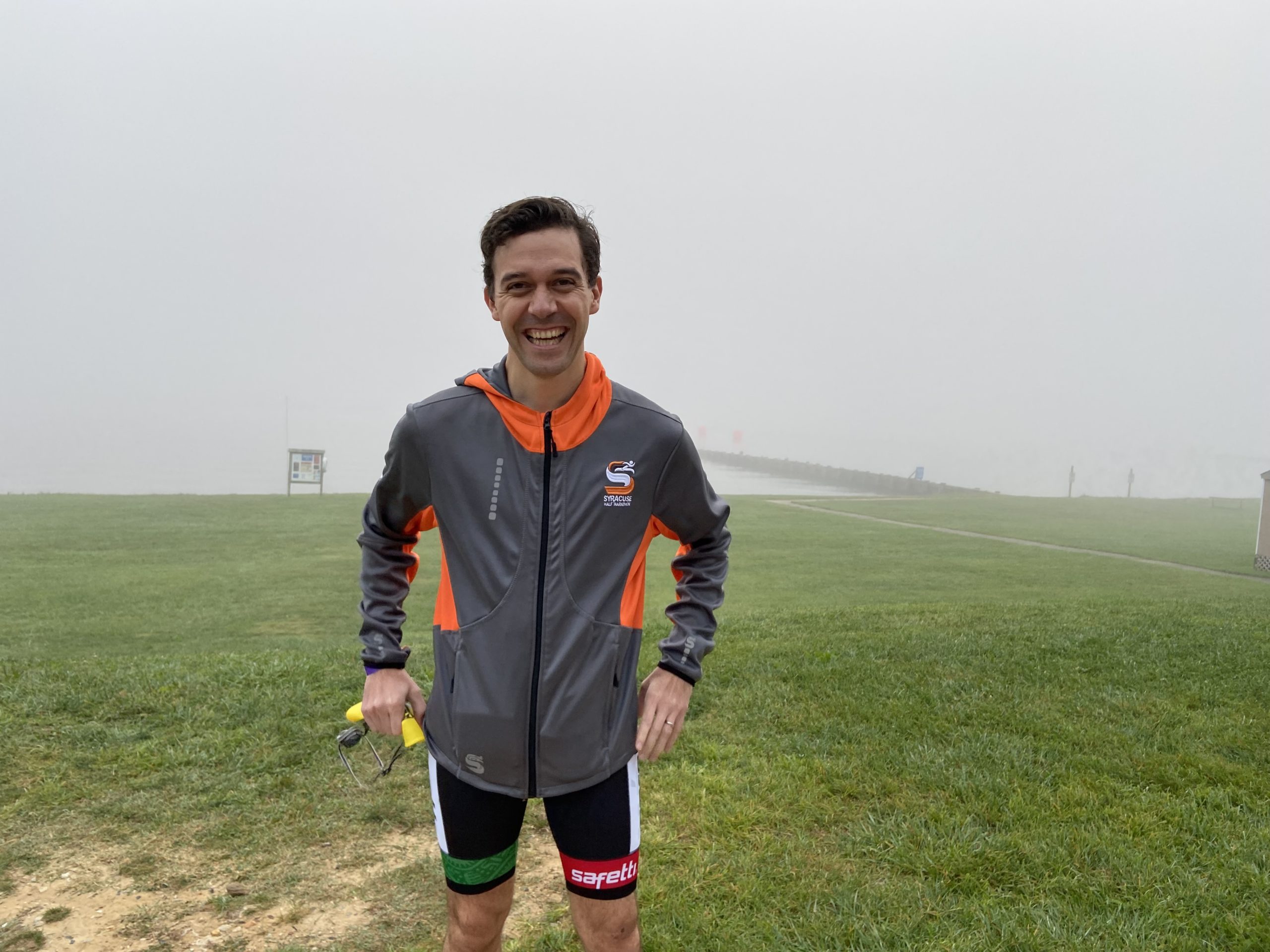
During the first minutes of January 1st – amid a euphoric New Year celebration – I publicly announced my intentions to devote my mind, body, and soul into two projects this year: running the Chicago marathon and advocating for the value of immigrants to the United States. My goal for the former is to run it under three hours and forty minutes. For the latter, the legalization of Dreamers and farmworkers would be the dream. Nine months after I set these goals and only eighteen days before the race starts, I realized that training for a marathon is like advocating for immigration. So, if you are about to set similar goals, search for advice no more. Here is my unrequested six-tip guide to doing both.
- Committing to the cause is critical. It is fundamental to firmly believe in your capacity to run 26.2 miles (42 km) and in your ability to advocate for immigrants. Otherwise, one gets easily discouraged. Visualization is key to successfully build confidence. Picture yourself crossing the finish line with your arms up and ready to devour a deep-dish pizza. Then, chill a bottle of champagne (Prosecco will do the trick if your budget is as tight as mine) to pop it open when Congress decides to protect immigrants.
- Finding a community with similar goals is of the essence. I cannot stress enough how important it is to become a part of a group of people who cares about running and immigration. The guiding principle among runners is the same as the unwritten rule in the immigration advocacy world: celebrate others’ victories as if they were yours because one’s successes are everybody’s successes. Instead of fighting for a better time or funding, runners and advocates support each other. They show fraternal love despite differences in nationality, gender, age, ethnicity, or political party. A kudos on Strava after a long run is as gratifying as a retweet of a white paper that kept you busy for over a month.
- Carrying out day-to-day workouts and projects is vital. Seeing the progress in your body after a 5k run is almost imperceptible. Similarly, a 30-minute meeting with a congressional office or a 15-minute interview with a reporter can seem irrelevant at first glance. When you measure, however, the accumulated value of daily efforts, it is incredibly satisfying to feel your lungs, heart, and muscles getting stronger after achieving 40 km in a week. Also, it is pretty rewarding to read an article or hear a member of Congress quoting your work and reaching varied audiences.
- Learning to deal with constant disappointments and unpredictable scenarios is fundamental. Recovering from Covid and injuries during training can be as challenging as fighting misinformation and fake news regarding immigration. Hot and humid days are as frustrating for runners as inaction from Congress is for advocates. One, however, must learn how to overcome the difficulties ahead. Uphill challenges – in the running world and the immigration advocacy arena – are unique opportunities to get stronger. And the satisfaction after conquering those hills is incomparable.
- When in doubt, run. Training for a marathon and advocating for immigrants is not easy. Impostor syndrome ghosts will haunt you when you least expect them. They will try to convince you of your insanity and incapacity to achieve your goals. The good news is that you won’t need an exorcist to fight them off. A good run will suffice! Let me explain. The frustratingly slow progress of the immigration laws – not to mention the retrograde position of some members of Congress – constantly makes me wonder whether my work matters at all. Whenever I go down this pessimistic rabbit hole, I go out for a run, which invariably helps clear my head. While running, I realize that our daily work as immigration advocates helps to keep the movement alive. All the tweets, white papers, and statements supporting immigration are vital to balance the negative narrative and counter-attack misinformation. Similarly, when I doubt my capacity to run a full marathon, I take it as a sign to go for a run. My ghost-buster method has so far been infallible.
- Having fun is essential. The most important tip for surviving as a runner and advocate is to jog and work with joy. Create a playlist that makes you move, buy a pair of running shoes that makes you feel cool, register for races in towns that you want to discover, make new running friends and convince them to support immigration. In short, enjoy the ride! Tears and frustration are a natural element of the process, but they should be the exception, not the norm. If laughter and congratulatory beers are lacking, you will burn out before the marathon starts and before Congress takes action on immigration. Avoid outrunning the pleasure of jogging, and do not let Congress and courts suck out your passion for advocacy. Believe it or not, getting oneself and immigration bills across the finish line is easier when you do it with a smile on your face. So have fun!
Author: Arturo Castellanos-Canales

